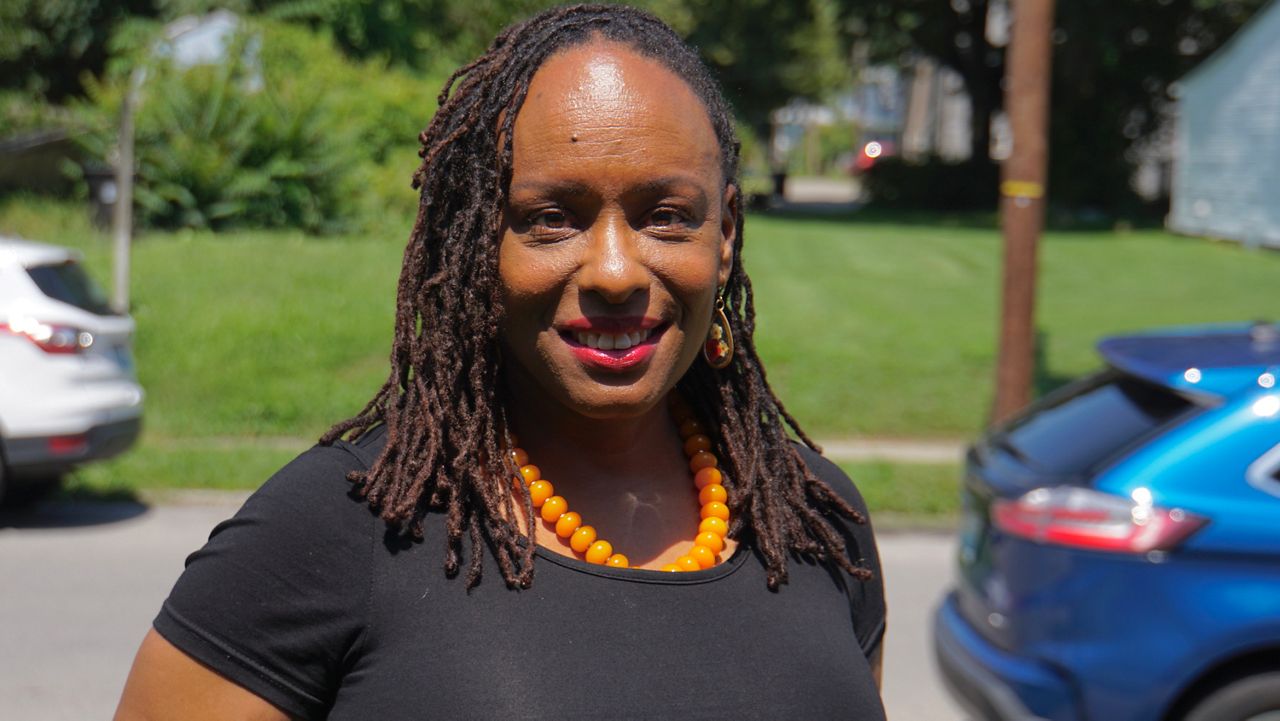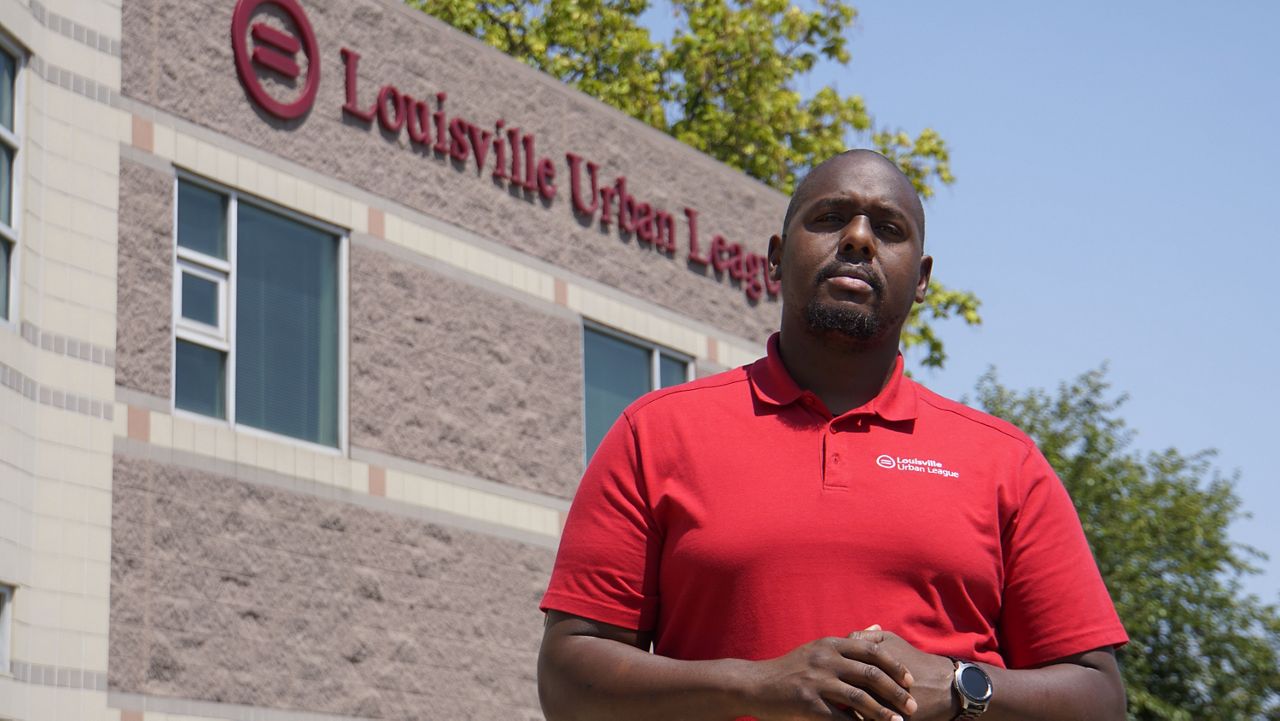LOUISVILLE, Ky. — Some community leaders do not support LMPD’s decision to resume investigating the department’s officer-involved shootings. LMPD announced this change of policy on Thursday.
This policy change differs from what Louisville Mayor Craig Greenberg (D) called an “inherited” practice of the previous administration. For years, Kentucky State Police led the investigations into LMPD police-involved shootings.
Former Democrat state representative Attica Scott, who filed legislation that would bar police departments from investigating themselves when their officers are involved in a deadly shooting, does not support this change.

“We need an independent body investigating police when they are involved with violent activity,” Scott said.
For years, the department has come under fire for its policing. Most recently in the Department of Justice’s report, which found LMPD, “Engages in a pattern or practice of conduct that violates the Constitution and laws of the United States.”
Lyndon Pryor, interim president & CEO of the Louisville Urban League, also shares concerns about LMPD.
“So to think that this institution is capable of truly policing themselves is just really concerning in light of what we just saw from the DOJ,” Pryor said.
On Thursday, department and city leadership emphasized layers of oversight for officer-involved shooting investigations. Under the new policy, LMPD will share its investigative case file with The Louisville Office of Inspector General, Commonwealth’s Attorney, and Kentucky State Police.
Still, Scott said the policy still means police are investigating police.
“Well, I'm certainly concerned with and opposed to police investigating themselves, whether it's the Kentucky State Police, investigating police, or the Louisville Metro Police Department investigating themselves,” Scott explained.

“We'd really like to see an independent third party that is responsible for these things and taking the lead on these things,” Pryor added.
Both also have concerns with how the department will release body camera footage. LMPD says it will release the video within ten business days.
“I appreciate having a timeline that we now can hold on to. Now the question becomes, what happens when they don't hit ten days,” Lyndon said. “Because that's the other side of this is that if a promise is made, then what happens when that promise isn't kept?”
Scott adds she’d like to see video released within 24 hours.
“We're concerned that ten business days still gives LMPD time to release a hype video that makes them look like they are always in the right, and we the people are always in the wrong,” Scott said.
LMPD’s new policy states both the raw video and a shorter version with added context will be released for each shooting.
Angela Cooper, communications director for the ACLU of Kentucky, provided Spectrum News Kentucky with the following statement on the policy change.
“The ACLU of Kentucky believes in offering as much transparency in government policy as possible. LMPD has a lot to overcome when it comes to public trust, and returning to internal investigation policy rather than allowing an outside agency to evaluate officer-involved shootings seems counter to establishing good faith with the community. We will continue to monitor LMPD’s activity in the Metro area, particularly where civil rights and liberties are involved.”



